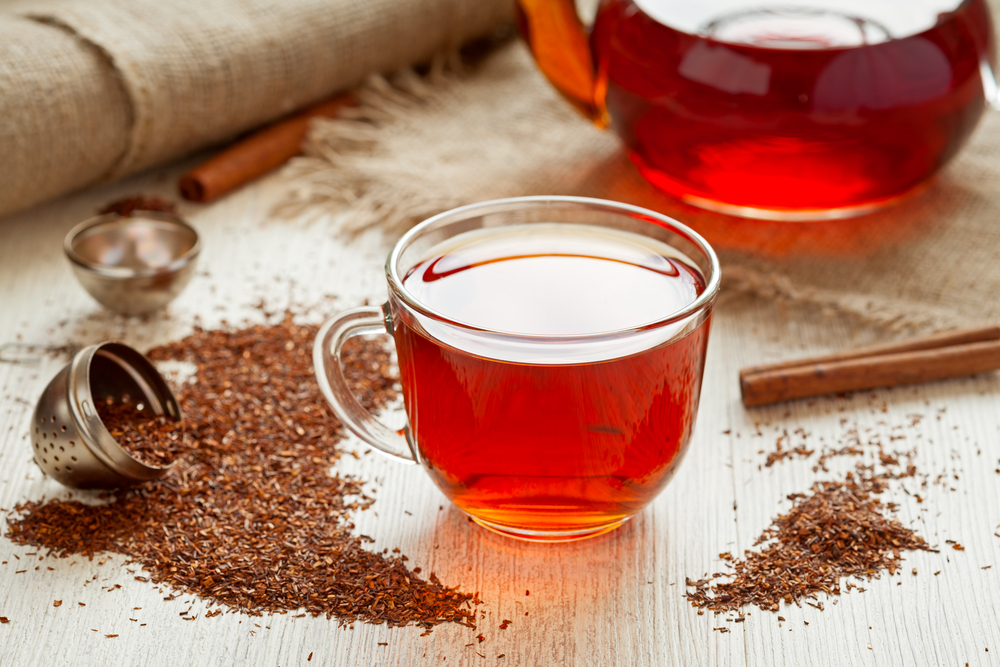Caffeine is a compound that is a natural stimulant that is found in many different things like beans, leaves, or tea. It is also added to many other foods, drinks, and medicines. Since caffeine is a stimulant it can help keep you awake. It may also help increase alertness and cognitive function. Caffeine can also improve your mood and energy.
Too much caffeine can have some negative side effects. It can cause you to have trouble sleeping. It can also make you feel anxious. Caffeine can cause an increase in stomach acids in your stomach, which can worsen or cause heartburn. Caffeine can interfere with your calcium absorption. It is also a diuretic, which means it can make you need to go to the bathroom more often, which can lead to dehydration.
Many things contain caffeine. Foods, drinks, and even medicines can contain caffeine. Coffee or coffee flavored foods, tea, soft drinks, energy drinks, chocolates, and medicines that help reduce headaches all contain caffeine. How much caffeine these products have in them depends on a few things. It is dependent on brand, how the product was prepared, the way it is served, and the size of the cup. It is important to check the label on the packaging to see how much caffeine it contains. An 8 oz cup of brewed coffee on average has about 135 milligrams of caffeine. An 8 oz cup of brewed tea has about 45 milligrams of caffeine. A 12 oz cup of soft drink or soda has on average about 35 milligrams. Chocolate contains caffeine, but a bar of chocolate ranges between 5-35 milligrams of caffeine depending on the size of the chocolate bar.
During pregnancy it is usually suggested that you limit the amount of caffeine you consume to about 200 milligrams per day. This is about 12 oz of coffee, or one and a half 8 oz cups of coffee. When you are pregnant everything you eat and drink passes through to the placenta. The placenta is what gives your baby food and oxygen. Consuming caffeine the caffeine is passed to the placenta and then to your baby. Babies in the womb don’t have the enzymes that are needed to metabolize caffeine. This can affect your baby’s movements as well as their sleep.
Caffeine is a diuretic. Which causes you to have an increase of urination. If you aren’t consuming other fluids, it is easy for you to become dehydrated especially during pregnancy. Dehydration is harmful during pregnancy. It can affect the levels of amniotic fluid surrounding your baby, and it can lead to nutritional deficiencies.
Caffeine can raise your heart rate and your blood pressure. Both of which are suggested to keep an eye on while pregnant. High blood pressure can lead to preeclampsia later on in your pregnancy. High blood pressure can lead to low birth weight, preterm labor, and intrauterine growth restrictions.
Caffeine raises the risk of pregnancy complications such as infertility, miscarriage, stillbirth, lower birth weight, or preterm labor. In some studies it has been shown that even moderate consumption of caffeine can play a role in the size of your baby. They may measure small for their gestational age, or even have intrauterine growth restriction which is where they are measuring under the 10th percentile for their gestational age. Women who consumed more than 2 cups of coffee a day had a higher percentage of miscarriage in early pregnancy than women who didn’t consume any caffeine.
Caffeine can cause dependency and you can come to rely on the effects of it to make it through your day. When you become pregnant if you start to decrease or give up your caffeine altogether it is normal to go through a withdrawal period. Withdrawal symptoms can include headaches, irritability, tiredness, or feeling on edge. These symptoms are usually temporary. Withdrawal symptoms may occur within 12 hours of stopping caffeine consumption. Symptoms may last between 2-9 days. This can vary from person to person, depending on how much caffeine you were consuming daily.
It can be hard to give up your morning cup of coffee or tea. If you are finding it hard you can start with limiting your drinking to one or two cups to begin with. It is important to make sure you look at the size of your cup. The goal is to limit your caffeine down to 200 milligrams per day. Size of your cup plays a role in how much coffee is found in your beverage. You can start mixing half decaf into your regular coffee. Then eventually in time switch fully to decaf coffee. There are a number of caffeine free beverages on the market from coffees to teas. Plain water with added lemon or lime can be another non caffeinated beverage. Herbal teas are usually caffeine free, just check the packaging. Fruit or vegetable juices are healthy alternatives, or even milk.
Purium‘s Organic Coffee Shop Protein Line:
Chai Protein
Coffee Protein
Matcha Protein
READ MORE: Caffeine Dosage – What You Need To Know
Sources:
https://www.marchofdimes.org/find-support/topics/pregnancy/caffeine-pregnancy#:~:text=Until%20we%20know%20more%20about,much%20caffeine%20you’re%20getting
https://www.nih.gov/news-events/news-releases/moderate-daily-caffeine-intake-during-pregnancy-may-lead-smaller-birth-size
https://americanpregnancy.org/healthy-pregnancy/pregnancy-health-wellness/caffeine-intake-during-pregnancy/
https://www.pregnancybirthbaby.org.au/caffeine-during-pregnancy
https://kidshealth.org/en/parents/preg-caffeine.html









